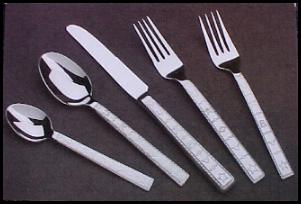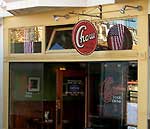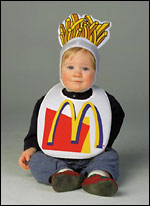I haven't worked doubles since I was twenty years old and Superwoman.
 Back then, it was no thang to take twenty units at school, train for (and win) a half-Ironman triathlon, work three restaurant jobs, and have an active dating life.
Back then, it was no thang to take twenty units at school, train for (and win) a half-Ironman triathlon, work three restaurant jobs, and have an active dating life.These days, I've already got two college degrees (more if you count the foreign ones), my bikes are gathering dust (except for the one with the little basket that I ride all over town to get to my jobs), and I'm thankful I landed a boyfriend before all of the chaos began because I can fall asleep on his chest and snore while watching
 March of the Penguins and I don't have to worry if he's going to like me in the morning (at least, I hope not).
March of the Penguins and I don't have to worry if he's going to like me in the morning (at least, I hope not).There's something totally humbling about starting work at a new place. I've been working in restaurants for ten years now, more on than off, and I'm starting to understand why old waiters (please please don't let me fall into that category--yet) seek out expensive, small neighborhood places to stay at for thirteen years. It's humiliating to have to ask yet again where "position one" on a certain table is (and the likelihood is that you've forgotten what table number it is, anyway), to be the bumbling new person in everyone's way.
Restaurant workers are so transient; you have a problem with a manager, you quit or get fired and move on. You hook up with the chef, get engaged, and he gets a better gig somewhere else: you move on. All your friends graduate college and move away from the restaurant you've all been working in together: you move on.
I'm starting to understand the value of not moving on. Maybe this is how people get stuck in cubicles for decades. Me, I'm on my way to an elephant graveyard filled with fine silverware.







